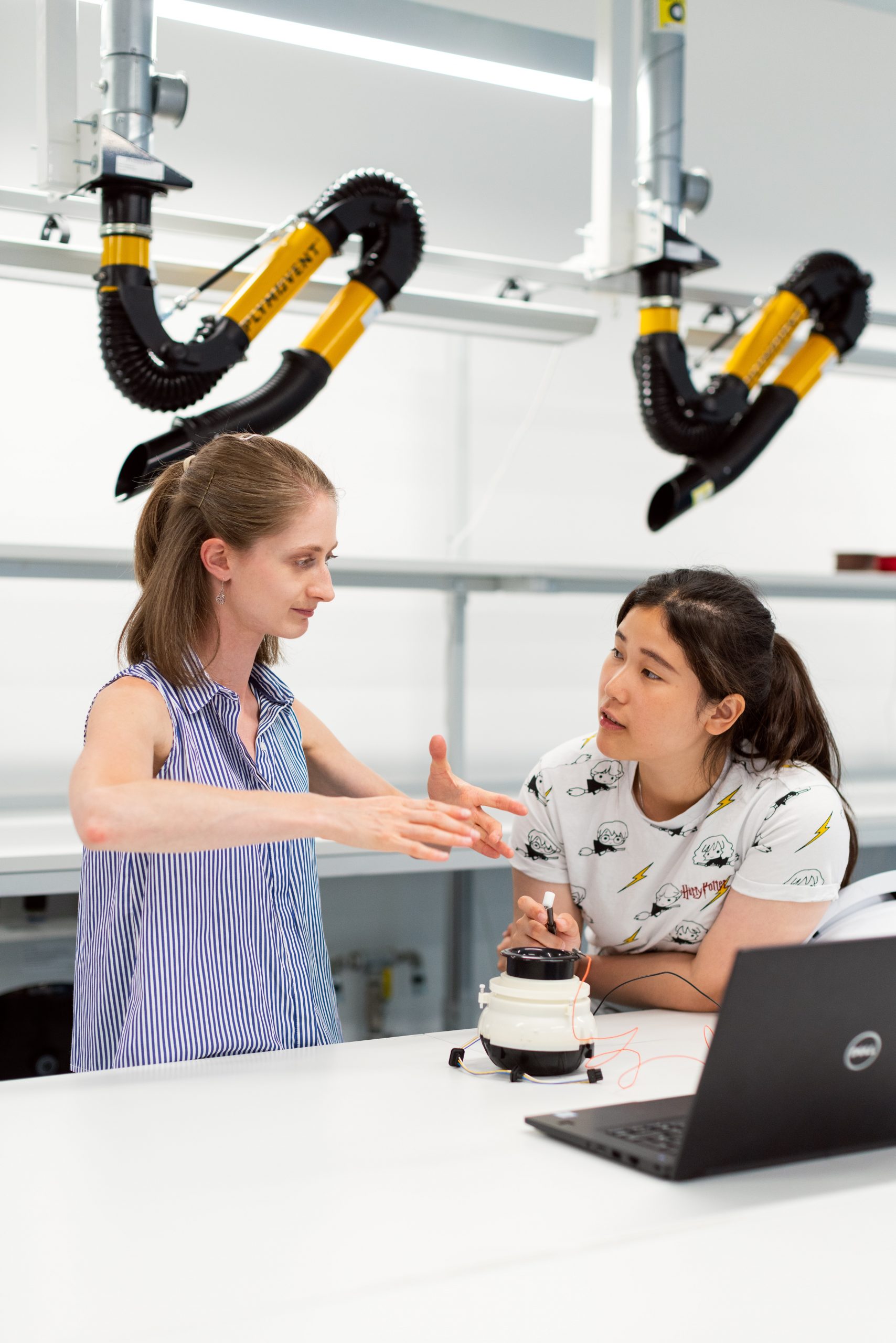Sustainable power systems, neuro-rehabilitation, biodegradable components and human-robot interaction… Digital Futures’ four new Research pairs span over a wide range of topics. The funding instrument Research pairs is intended to foster collaboration between two young researchers that have obtained their doctoral degrees, not more than ten years ago. The instrument is aimed to identify new research collaborations that can develop into a leading scientific activity over the next few years. It is a vehicle for supporting and promoting young scholars with the potential to become future digital leaders.
-
- Autonomous coordination and control of smart converters for sustainable power systems
- Digital twins of human neuromusculoskeletal system: A new paradigm of personalized medicine in neuro-rehabilitation
- Engineering biodegradable components for packaging digitalization
- Using Neuroimaging Data for Exploring Conversational Engagement in Human-Robot Interaction
There are now already ten Research pairs in total – read about the Research pairs projects, the background and people here.
With more ongoing calls, the Digital Futures research programme continues to expand.





